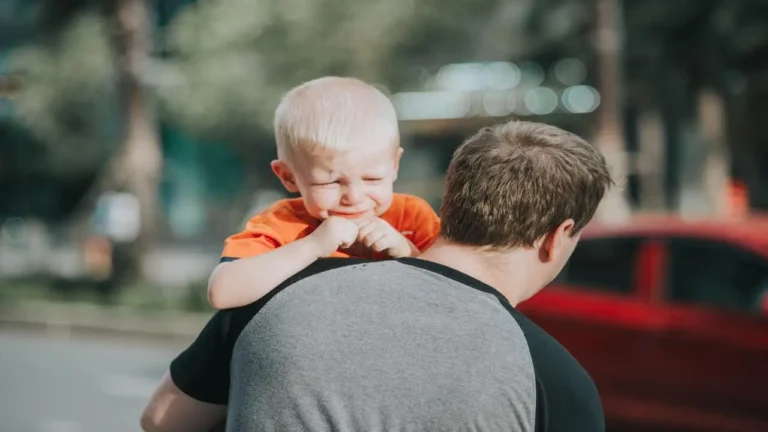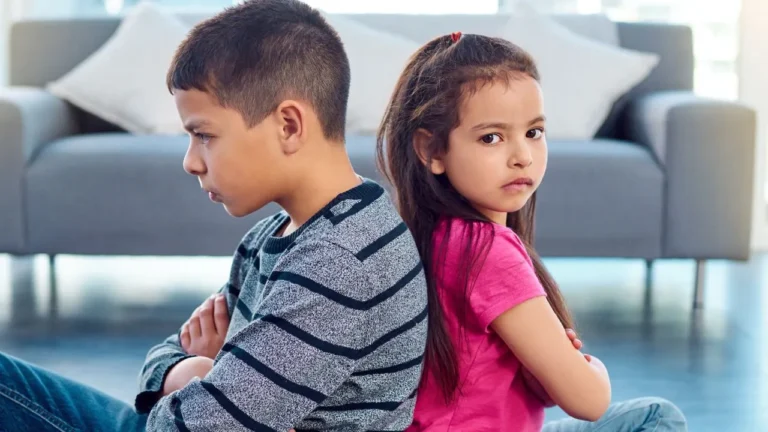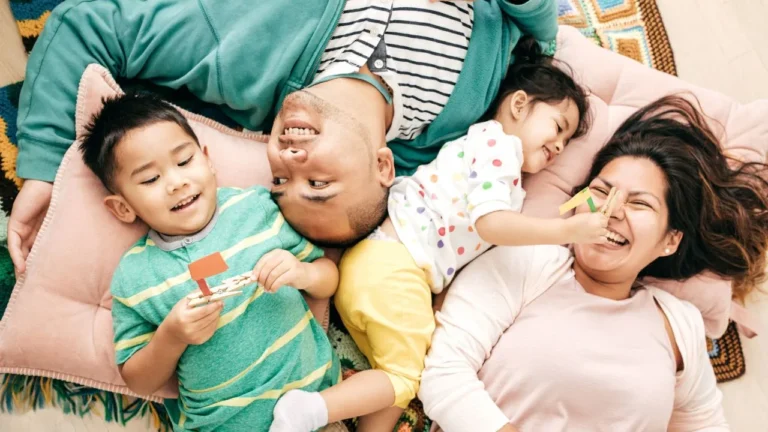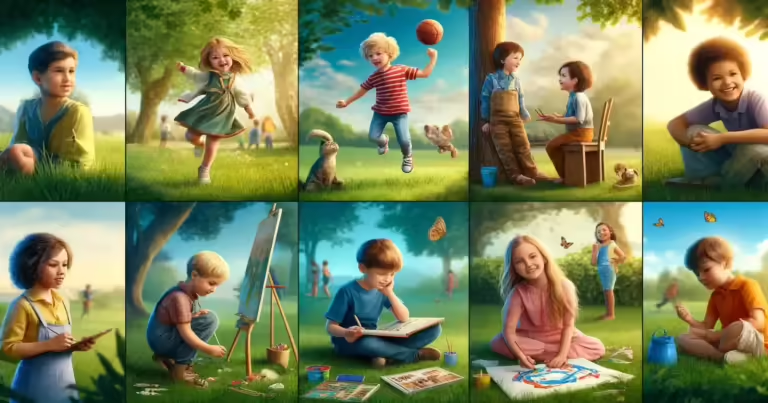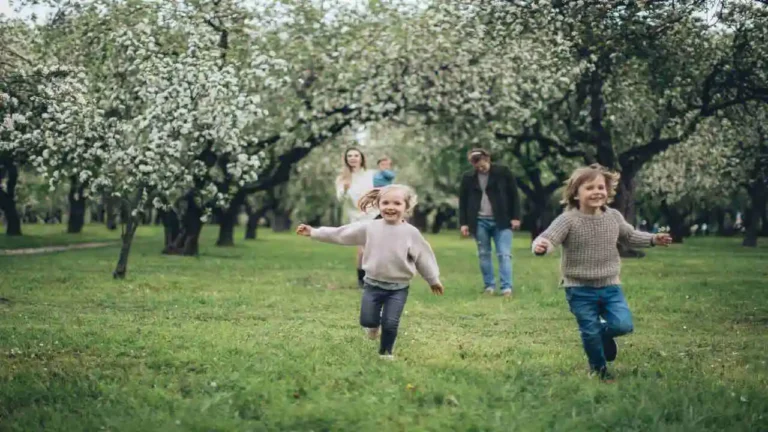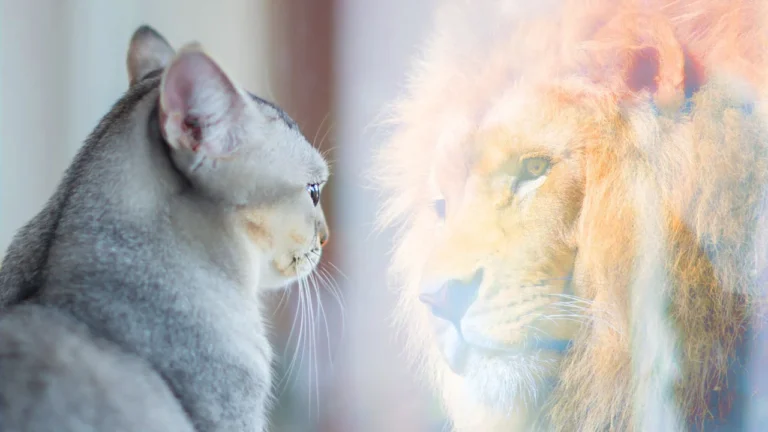Does Your Child Need a Best Friend?
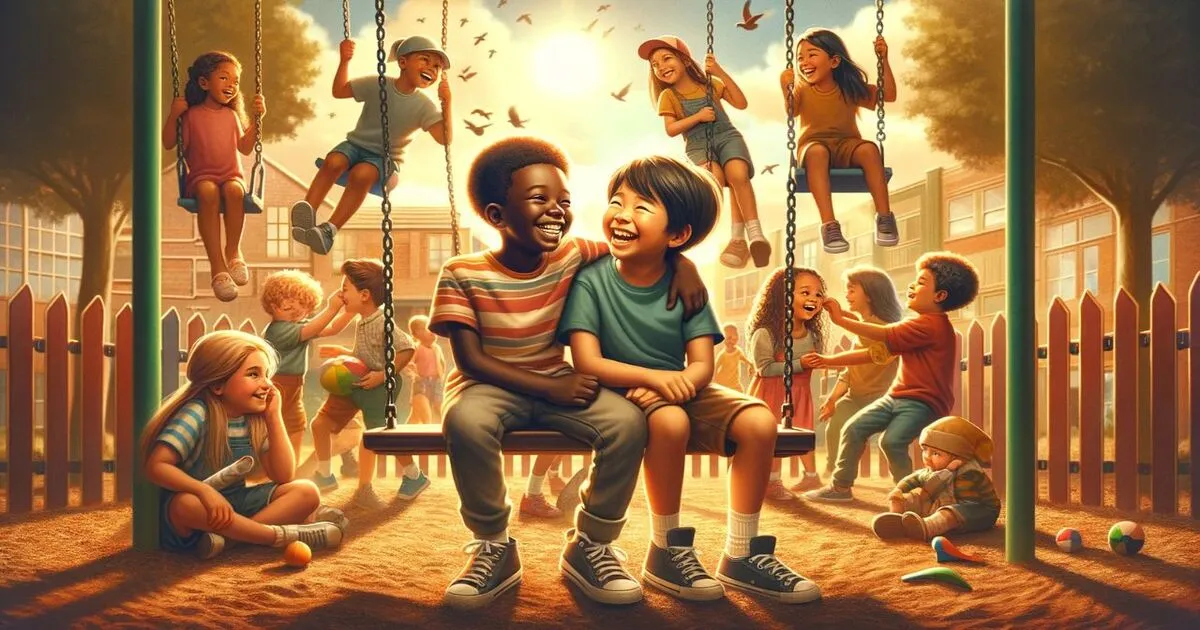
Friendships are like colorful threads in the big picture of growing up. For kids, making friends is a big part of their lives. But there’s something special about having a ‘best friend.’ This is the person who’s always there for you, who understands you, and helps you when things get tough.
In this article, written by Andrew Habeeb an expert on child development, we’re going to talk about whether kids need a best friend. We’ll look at how important friends are for kids and what makes a best friend different from other friends.
We’ll use some smart ideas from psychology and real stories to show how best friends can help kids as they grow. It’s all about understanding how these friendships help kids become happier and do well as they grow up and become adults.
The Importance of Friendships in Childhood
From the playgrounds to the classrooms, friendships play a pivotal role in the world of a child. These relationships are more than just playmates sharing toys or secrets; they are fundamental to a child’s emotional and social development. Friendships in childhood lay the groundwork for how children learn to interact, empathize, and connect with others.
They serve as a practice ground for social skills, teaching kids how to communicate, share, and resolve conflicts. Studies have highlighted that children with strong friendships often exhibit higher self-esteem and are better adjusted in school environments.
These bonds provide a sense of belonging and security, allowing children to explore and learn about the world in a supportive setting. The joy and laughter shared with friends can also be a powerful antidote to stress and anxiety, contributing to a child’s overall mental well-being.
As they grow, the lessons learned from these early friendships often translate into healthier relationships in adulthood. This section of our blog will explore various studies and psychological perspectives to understand the profound impact of these early bonds on a child’s life.
Guiding Friendship Development at Different Ages
Parents play a crucial role in nurturing their children’s ability to form and maintain friendships. Here are tailored suggestions for different age groups:
Each phase of development presents unique opportunities for parents to support their children’s social skills, ensuring they grow into well-rounded individuals capable of forming meaningful connections.
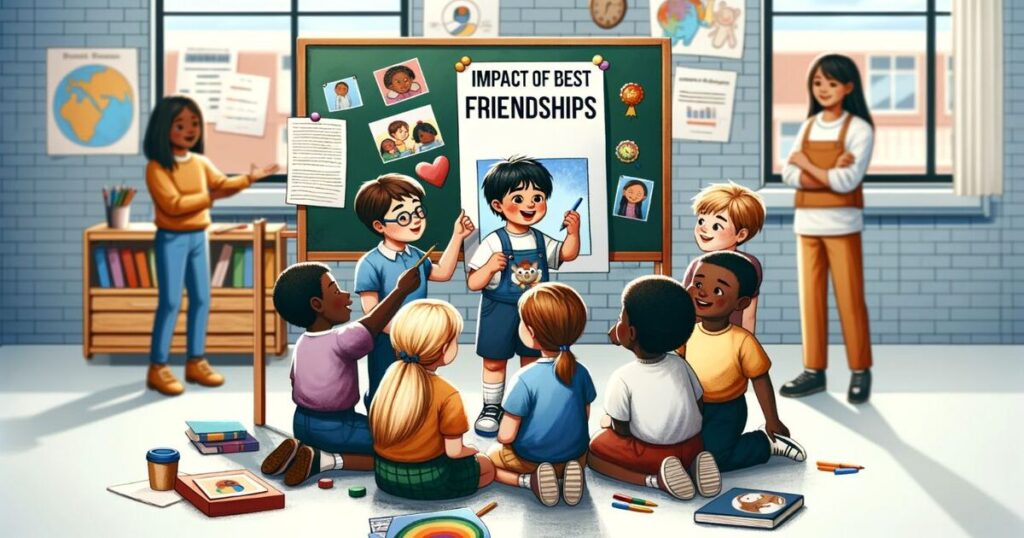
Characteristics of a Best Friend
What sets a ‘best’ friend apart in the realm of childhood relationships? These special bonds are marked by a deeper level of understanding, trust, and connection that transcends ordinary friendships. Best friends often share a unique language of inside jokes and shared experiences, forging a bond that feels almost familial.
They are the ones who stand by each other through thick and thin, offering a safe haven of acceptance and support. This level of closeness allows children to express themselves freely and be their true selves without fear of judgment.
Best friendships also often mirror the qualities we seek in lifelong relationships – loyalty, empathy, and unconditional support. These relationships provide a critical social and emotional anchor for children, helping them navigate the complexities of growing up. They learn the values of loyalty, trust, and mutual respect, which are foundational for healthy relationships in adulthood.
In the following section, we’ll delve into what makes these friendships so impactful. We will look at how best friends often serve as confidants, role models, and sources of encouragement, significantly influencing a child’s self-esteem and social development. By examining various characteristics of these friendships, we’ll gain insights into their profound impact on a child’s growth and well-being.
Impact of a Best Friend on Self-Worth and Peer Identification
The influence of a best friend in a child’s life extends far beyond shared playtimes and secrets. These relationships are pivotal in shaping a child’s sense of self-worth and their ability to identify with their peers.
A best friend often acts as a mirror, reflecting the qualities that make each child unique and valued. This validation from a peer, someone they view as an equal, is incredibly powerful. It helps children build a stronger, more positive self-image, which is crucial during the formative years when self-esteem is still developing.
Moreover, the best friendships provide a sense of belonging and acceptance that is essential for healthy psychological development. Children with a best friend often find it easier to relate to and integrate with larger groups, which is a key aspect of social development. These friendships teach children about the nuances of social dynamics, helping them understand and navigate complex group interactions.
Friendship Quality and Its Moderating Effects
The quality of a child’s friendships, particularly their best friendship, plays a vital role in their overall well-being and adjustment. Not all friendships are equally beneficial; the depth and healthiness of these relationships are crucial. High-quality friendships, marked by mutual respect, understanding, and support, contribute positively to a child’s happiness, life satisfaction, and self-esteem.
As Baumeister and Leary (1995) noted, peer relationships are essential because of our deep-seated ‘need to belong’. Forming meaningful bonds with others facilitates a sense of relatedness, connectedness, and belonging.
This is especially true for children, as peer rejection is linked to poorer self-esteem (Jiang, Zhang, Ke, Hawk, & Qui, 2015), while children with reciprocated friends tend to have better self-views, are more sociable, prosocial, happier, and less likely to be bullied (Cheng & Furnham, 2002;).
Contrastingly, friendships lacking in these positive attributes can lead to feelings of loneliness and social anxiety. A supportive and healthy friendship can act as a protective factor in a child’s social and emotional development, offering a safe space for self-expression, social role experimentation, and coping strategy development.
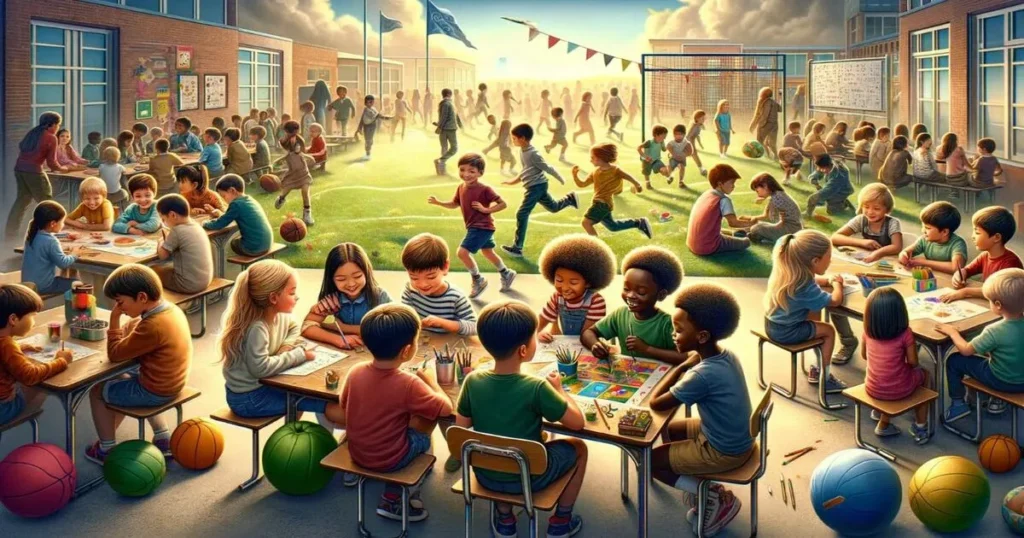
Challenges and Limitations of Best Friendships
While best friends in childhood can be a source of great joy and support, it’s important to acknowledge their potential challenges and limitations. An over-reliance on a single best friend can sometimes lead to the exclusion of other peers, limiting a child’s social circle and opportunities for broader social development.
Additionally, when a best friendship ends or experiences conflict, it can have a profound emotional impact on a child, potentially leading to feelings of loneliness and decreased self-confidence.
Children must learn to balance the intensity of a best friendship with the benefits of a wider social network. This helps them develop a more resilient and flexible approach to relationships, preparing them for the diverse social landscapes they will encounter later in life.
In this section, we’ll discuss the importance of encouraging children to cultivate a variety of friendships, alongside their best friendships, to ensure a well-rounded social experience. We’ll explore strategies to help children navigate the complexities of these relationships, fostering a healthy and inclusive approach to friendship.
Final Takeaway
In our journey through the intricate world of childhood friendships, we’ve seen how best friends can profoundly impact a child’s life, offering support, happiness, and a sense of belonging. However, we’ve also recognized the importance of a balanced approach, where children benefit from a variety of friendships.
Encouraging children to cultivate diverse relationships ensures they enjoy the richness of different perspectives and experiences. Ultimately, whether it’s through a best friend or a wider circle of friends, the key is fostering healthy, supportive, and fulfilling relationships that contribute positively to a child’s growth and development.

